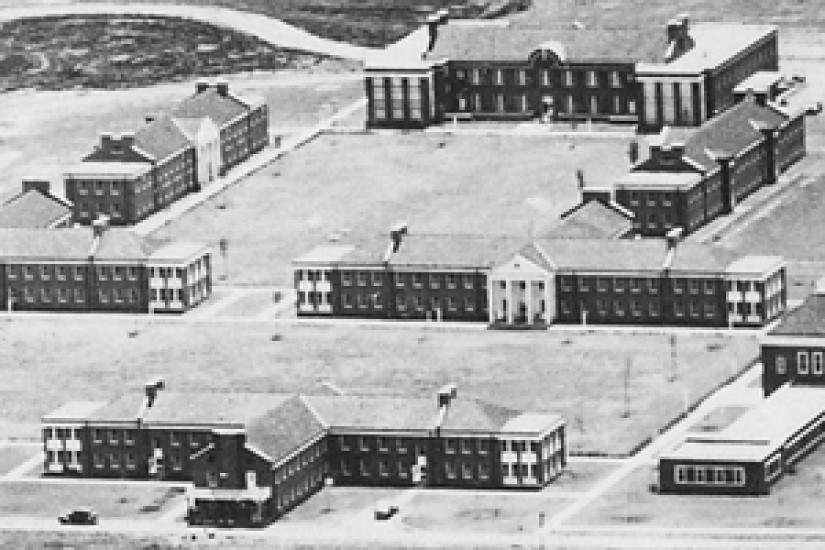This logic had a lineage and a name: “militant democracy,” a term first coined in 1935 by the political theorist Karl Loewenstein. A German-Jewish refugee from Nazi Germany, Loewenstein arrived in the United States convinced that totalitarian and democratic regimes could not coexist. It was the nature of fascists and communists, he wrote in widely read academic essays, to infiltrate democratic regimes, exploit their freedoms of the press and speech, and destroy them from within. Long before the first shots of World War II were fired, Loewenstein claimed that an existential struggle between democracy and its enemies was already engulfing the entire globe. To win, democracies had to reform themselves. They had to become “militant.”
The heart of militant democracy was the suspension of laws and rights. Because totalitarianism operated especially through subversion, Loewenstein wrote, democrats had to get over their “legalistic blindness” and recognize that “the mechanism of democracy is the Trojan horse by which the enemy enters the city.” Governments had to move aggressively to limit rights—preemptively—to those deemed dangerous. Freedom of movement, freedom of speech, and freedom of religion would all be suspended, and the crackdown enforced through the creation of new, anti-totalitarian secret police forces. For Loewenstein, loyalty to the state preceded any discussion of rights. Anyone who questioned political norms found themselves outside the sphere of the law. “Fire should be fought with fire,” he wrote in 1935.
Throughout the 1930s, Loewenstein’s ideas were largely confined to academia. But World War II propelled an otherwise fringe concept like militant democracy to the maintenance of American power. To anxious government officials, the writings of Loewenstein and scholars like him captured new wartime exigencies. They clarified why curbing—and even abolishing—rights did not undermine democratic freedom, but actually enhanced it. Theories like Loewenstein’s also linked external and internal threats and rendered them indistinguishable. Japanese American or Latin American communities were thus the same—no matter where their members were born, they were both emissaries of global danger and thus not entitled to legal status. As his way of thinking spread, Loewenstein took on a more active role in America’s militant democracy. In 1943, he was recruited as legal advisor to the Justice Department, a position from which he joined the CPD and helped coordinate its campaign of surveillance, arrests, and deportations.
While Loewenstein ultimately returned to academic life, militant democracy outlived World War II. In the cold war’s harsh early years, some politicians and scholars continued to insist that international conflicts required the suspension of some rights at home. (The West German supreme court, for example, relied on militant democracy to outlaw the Communist Party in 1957.) Yet it wasn’t until the attacks on September 11 and the beginning of the war on terror that these notions reasserted themselves in the United States as forcefully as they did during World War II. The revival of militant democracy in the first decade of the 21st century helped prepare the ground for the tragedy unfolding in Texas.
